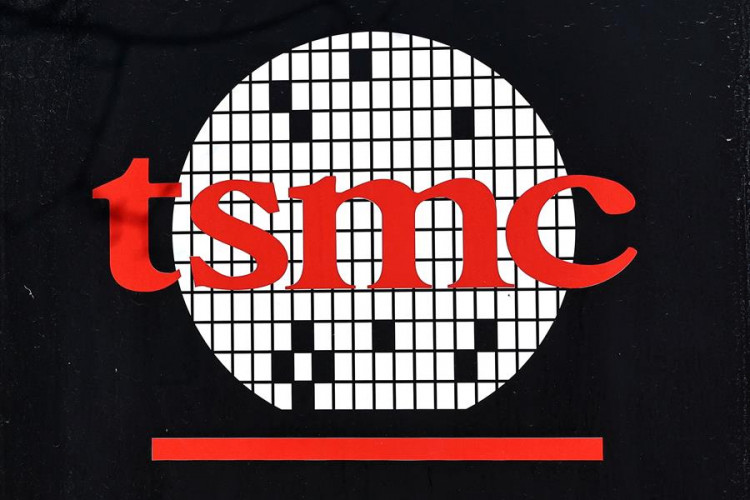Taiwan Semiconductor Manufacturing Co. (TSMC) is considering taking a controlling stake in Intel Corp.'s U.S. semiconductor factories at the request of officials from former President Donald Trump's administration, Bloomberg reported Friday. The proposal comes as Trump seeks to bolster domestic chip production and reduce reliance on foreign manufacturing.
Trump's team raised the possibility of a deal in recent meetings with TSMC officials, who were receptive to the idea, according to a person familiar with the discussions. The talks remain in the early stages, and Intel's willingness to pursue such a transaction remains unclear. However, the intended outcome would see TSMC fully operating Intel's U.S. production facilities.
The move could provide a financial lifeline to Intel, which has struggled to regain its leadership in semiconductor manufacturing amid increasing demand for artificial intelligence (AI) chips. The company has been working to reposition itself as a contract chipmaker but has yet to attract enough external customers to justify its multibillion-dollar investments.
Following reports of the discussions, Intel shares fell more than 4% before paring losses, while TSMC's U.S.-listed shares rose about 1.7%. Both companies declined to comment on the matter. The White House also did not immediately respond to a request for comment.
The structure of a potential deal remains uncertain, but Bloomberg reported that it could involve major American chip designers taking equity stakes, alongside financial backing from the U.S. government. Such an arrangement would prevent the venture from being entirely foreign-owned, aligning with Washington's broader efforts to secure critical technologies amid geopolitical tensions with China.
Intel, which once dominated chip manufacturing, has ceded its technological edge to TSMC in recent years. While it remains one of the few semiconductor companies that both design and manufacture chips, its production facilities have lagged behind TSMC's cutting-edge processes. Under former CEO Pat Gelsinger, Intel sought to reclaim its leadership with ambitious investment plans, securing $7.9 billion in U.S. government funding and an additional $3 billion to produce chips for the military. However, the company's turnaround efforts faltered, and Gelsinger was ousted in December after failing to deliver results.
Washington officials have explored alternative options to support Intel's U.S. operations. The Biden administration previously discussed a potential deal between Intel and GlobalFoundries Inc., which manufactures older-generation chips, but the talks did not progress. Biden officials also considered licensing TSMC's manufacturing technology for use at Intel's facilities, but TSMC resisted the idea, reluctant to aid a direct competitor.
Trump, who has been vocal about protecting U.S. chip manufacturing, has taken a different approach. He has accused Taiwan of "stealing" the U.S. semiconductor industry and has threatened tariffs on foreign-produced chips. At the same time, his administration has worked to encourage TSMC's expansion in the U.S. TSMC, which recently held its board meeting in the U.S. for the first time, appears eager to maintain strong ties with Trump's team.






